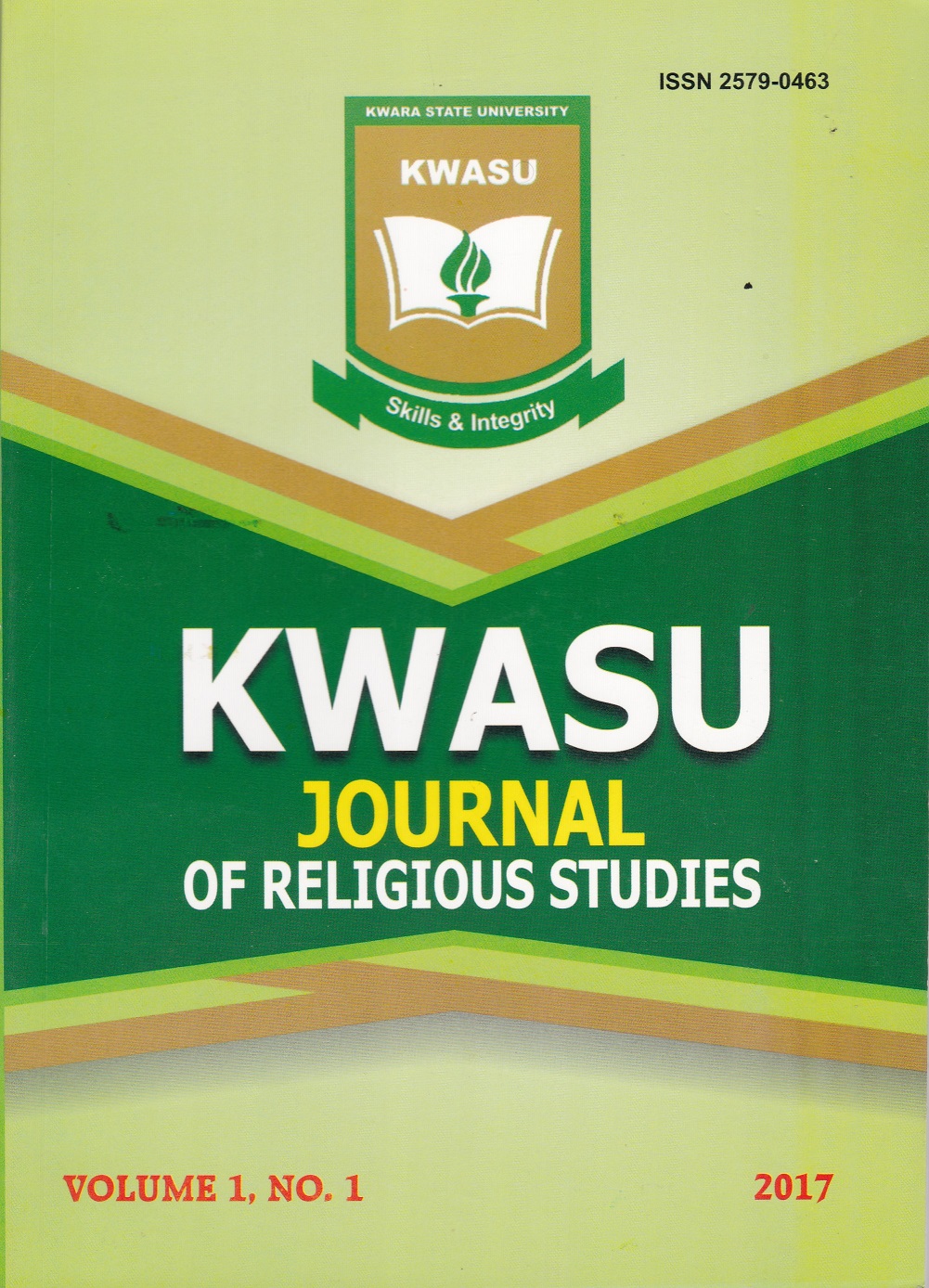An Analytical Study of the Controversies on Female Circumcision: The Islamic Perspective
Keywords:
Circumcision, Female, Male, Controversies, Islamic PerspectiveAbstract
Circumcision is an age-long practice among people of different cultural backgrounds. The pracüce antedates both the pre-Islamic and Islamic periods in Arabian Peninsula. It became one of the aspects of culture found acceptable and practicable by Islam and eventually incorporated into the Sunnah of the prophet. Male circumcision, as an ancient practice was adopted by Islam and other faiths without much challenges or skepticism except for some minority parts of the world whose people consider it unnecessary to circumcise both their male and female children. Surprisingly, this peculiarity still exists till today. Historically, circumcision was practiced in ancient Egypt before 1300 CE. It became the norm in America during the 2nd world war based on the belief that it has certain benefits in stock for the soldiers. Female circumcision began to be contested about three decades ago, at the instance of Islamophobia and feminism. The former labels some socio-cultural and religious acts as threats and barbarism while the latter deems female circumcision as mere violence against women. As a matter of fact, both Islam and Christianity are of the belief that the practice was initiated by the fathers of faith i.e. Ibrahim or Abraham as the case may be. This article seeks to identify the status of female circumcision in Islam with a view to critically studying the controversies that surround its practice. The study is based on library research and the use of internet materials. The research findings indicate that rebellion against female circumcision is merely culturally biased whereas, to Islam, it is a form of purification. The paper recommends strict adherence to the Qur'an and the Sunnah of the Prophet to determine which path to be followed.



